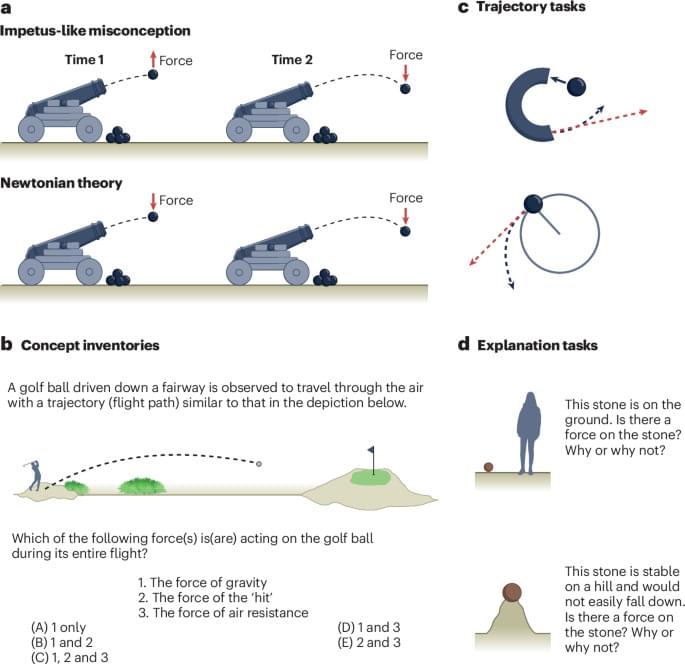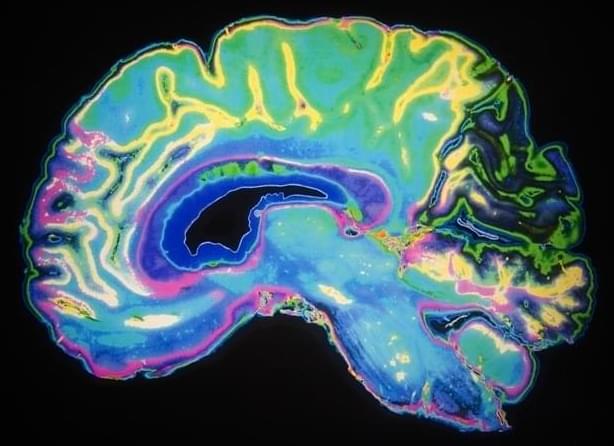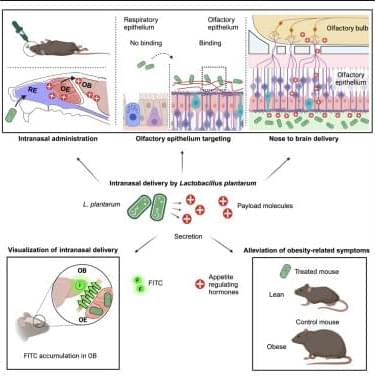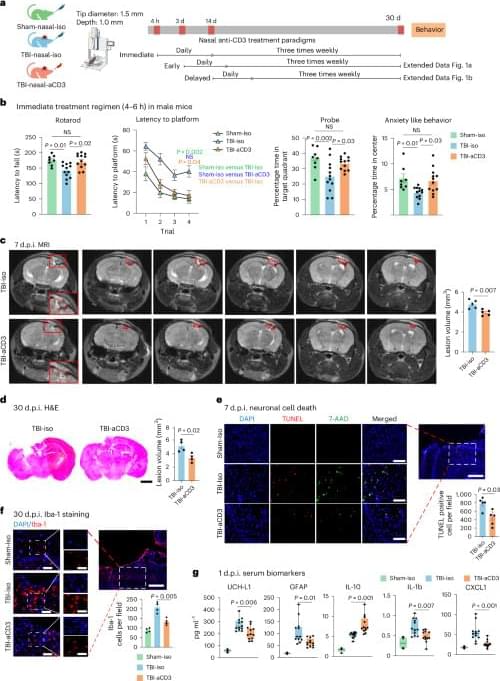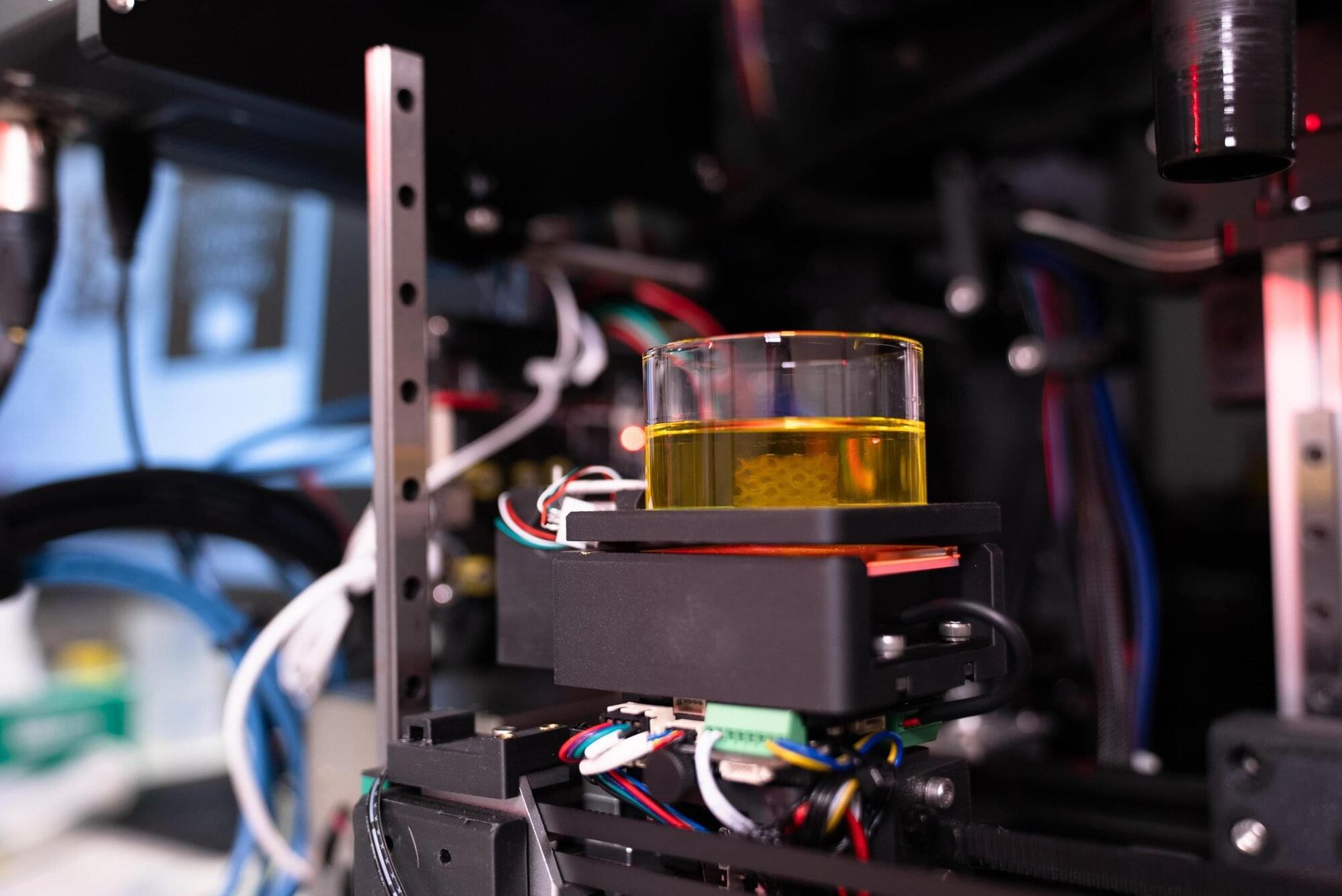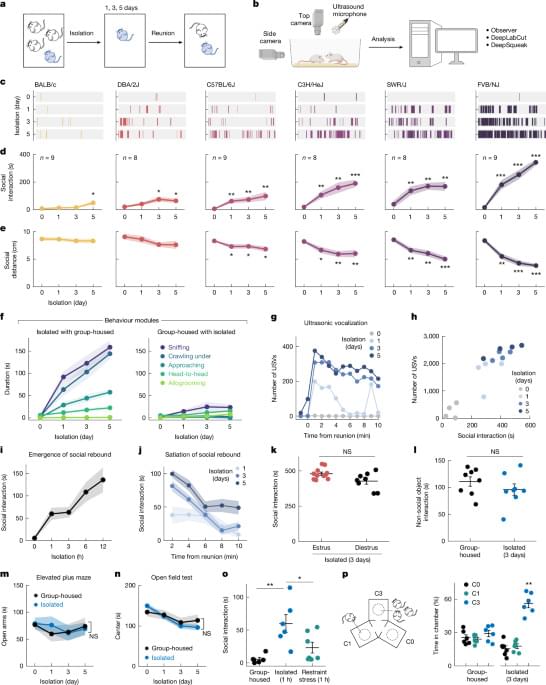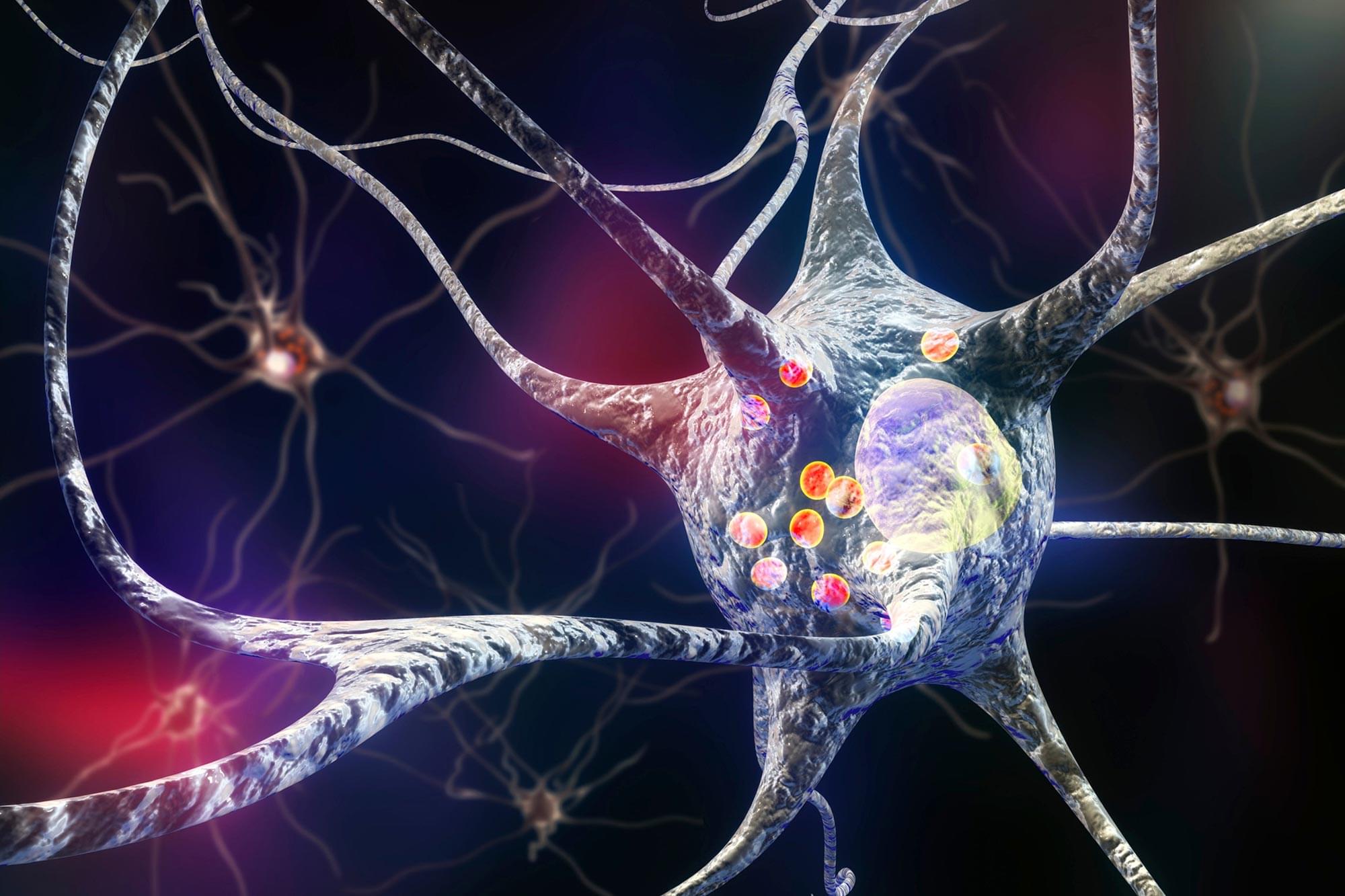A newly identified part of a brain circuit mixes sensory information, memories, and emotions to tell whether things are familiar or new, and important or just “background noise.”
Led by researchers from NYU Langone Health, the work found that a circuit known to carry messages from a brain region that processes sensory information, the entorhinal cortex (EC), to the memory processing center in the hippocampus (HC) has a previously unrecognized pathway that carries messages directly back to the EC.
Publishing online Feb. 18 in Nature Neuroscience, the study results show that this direct feedback loop sends signals fast enough to instantly tag sights and sounds linked to certain objects and places as more important by considering them in the context of memories and emotions.
